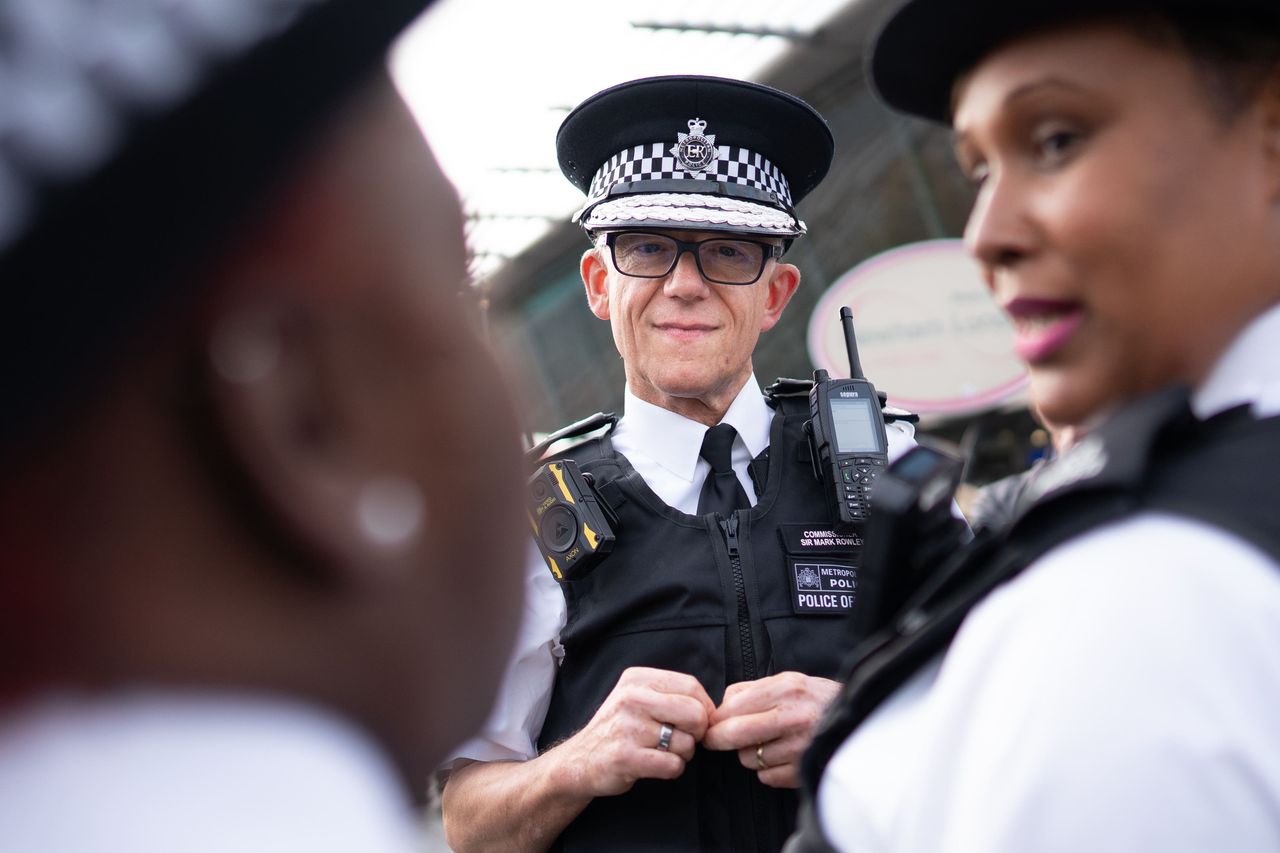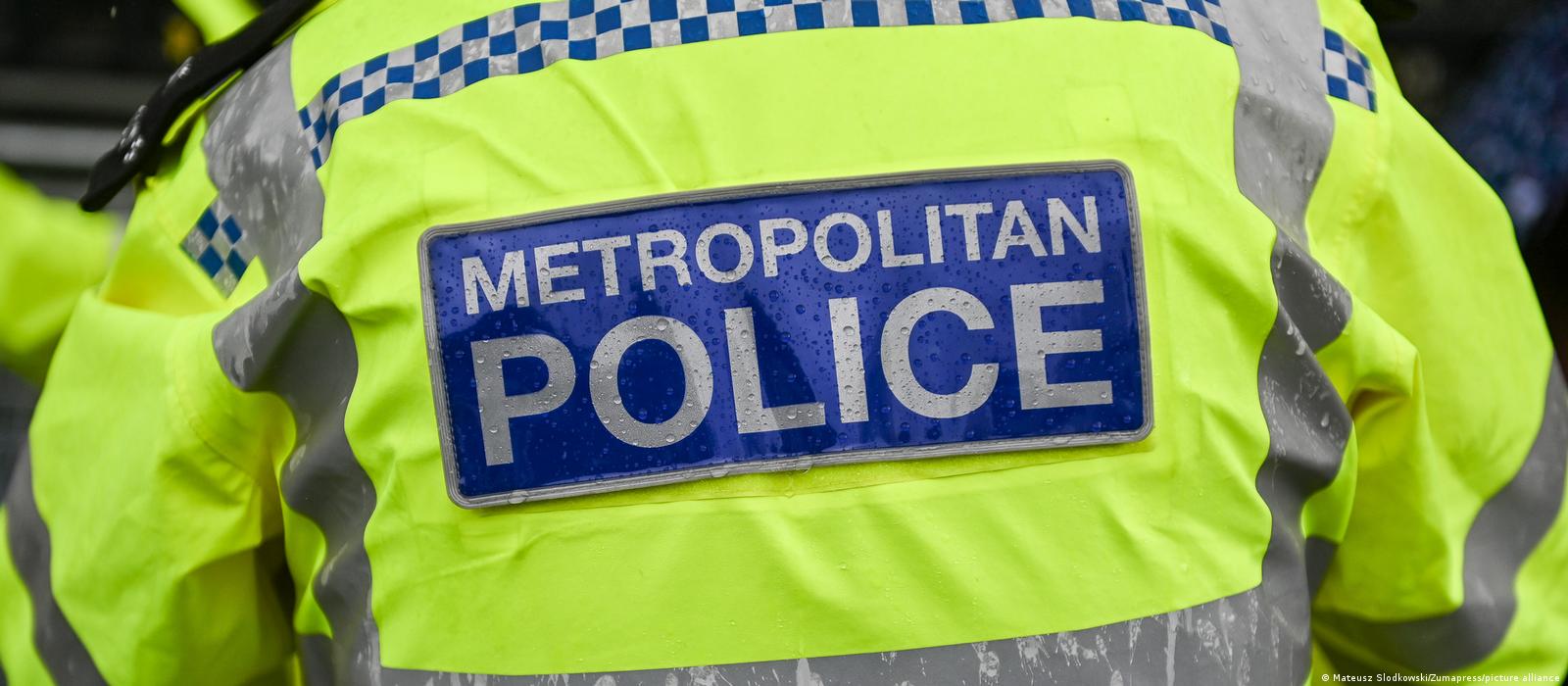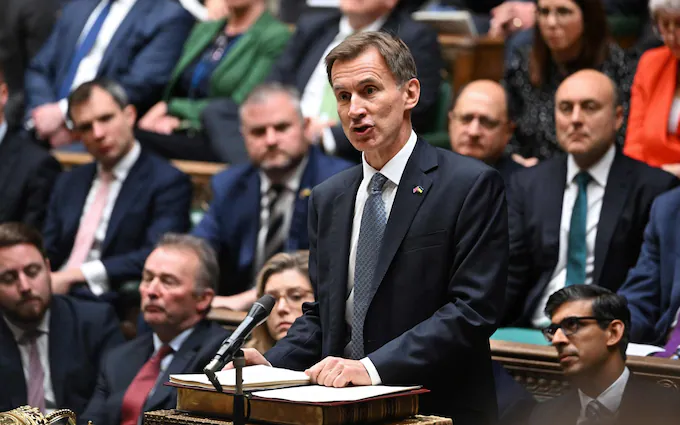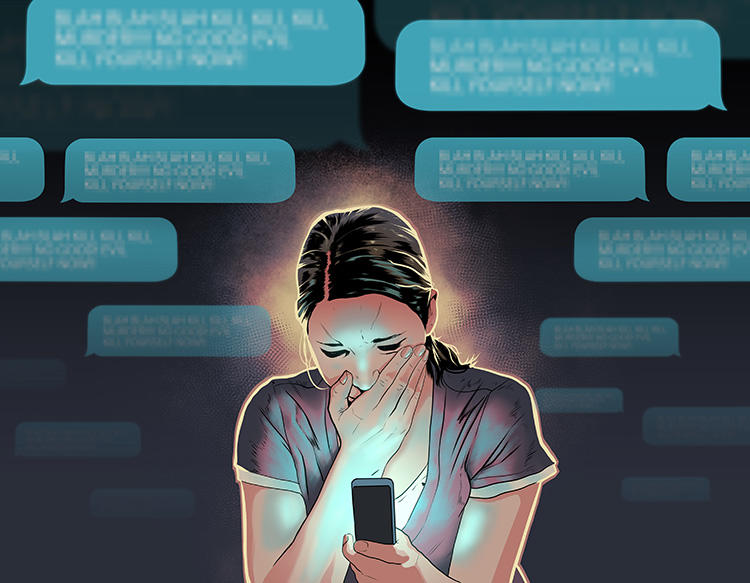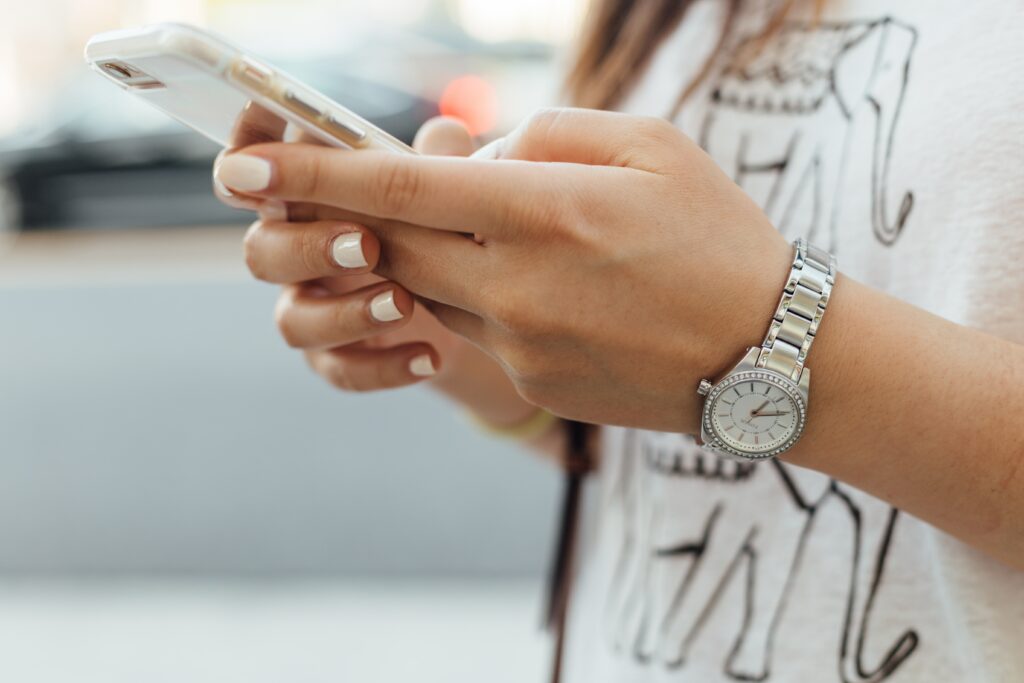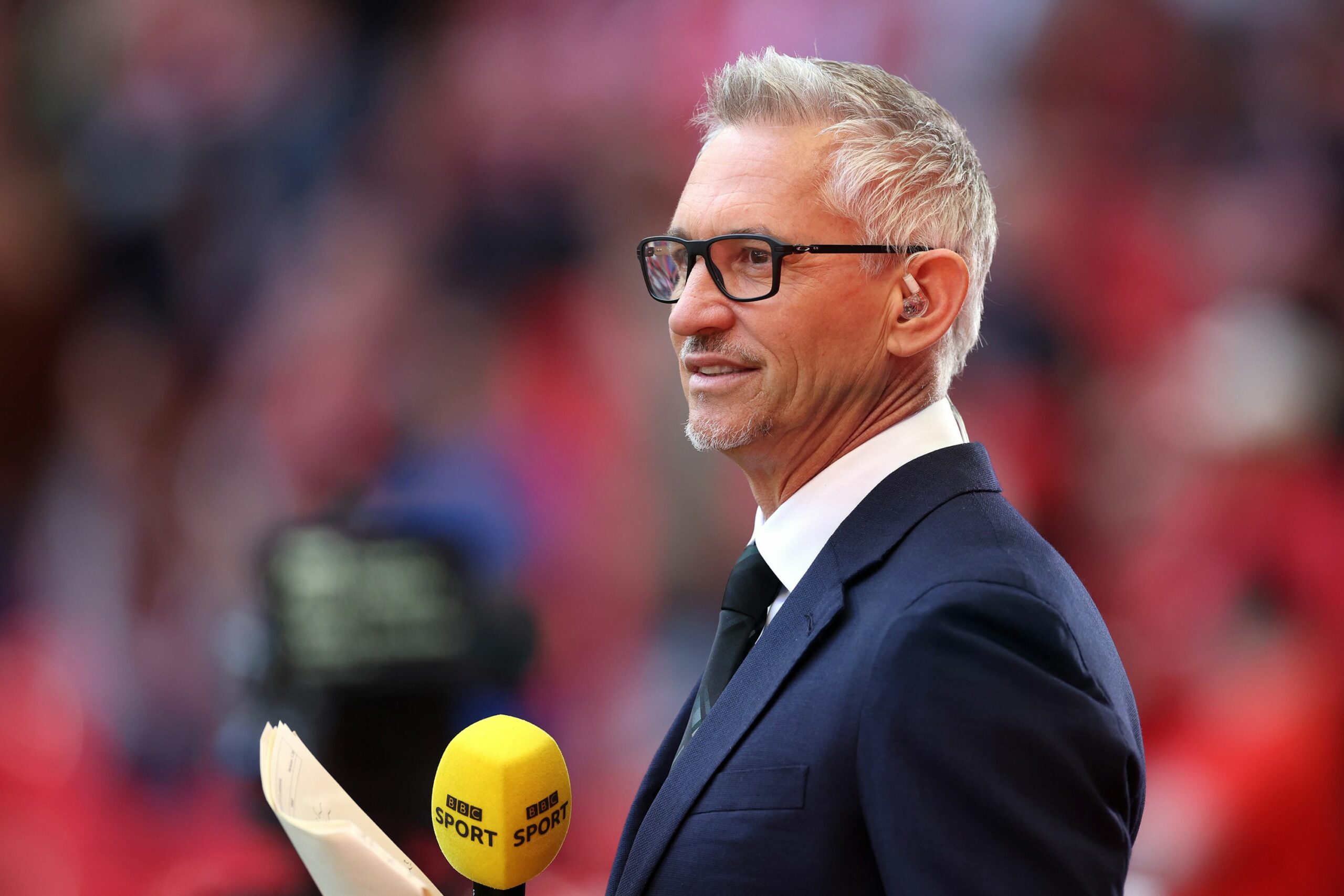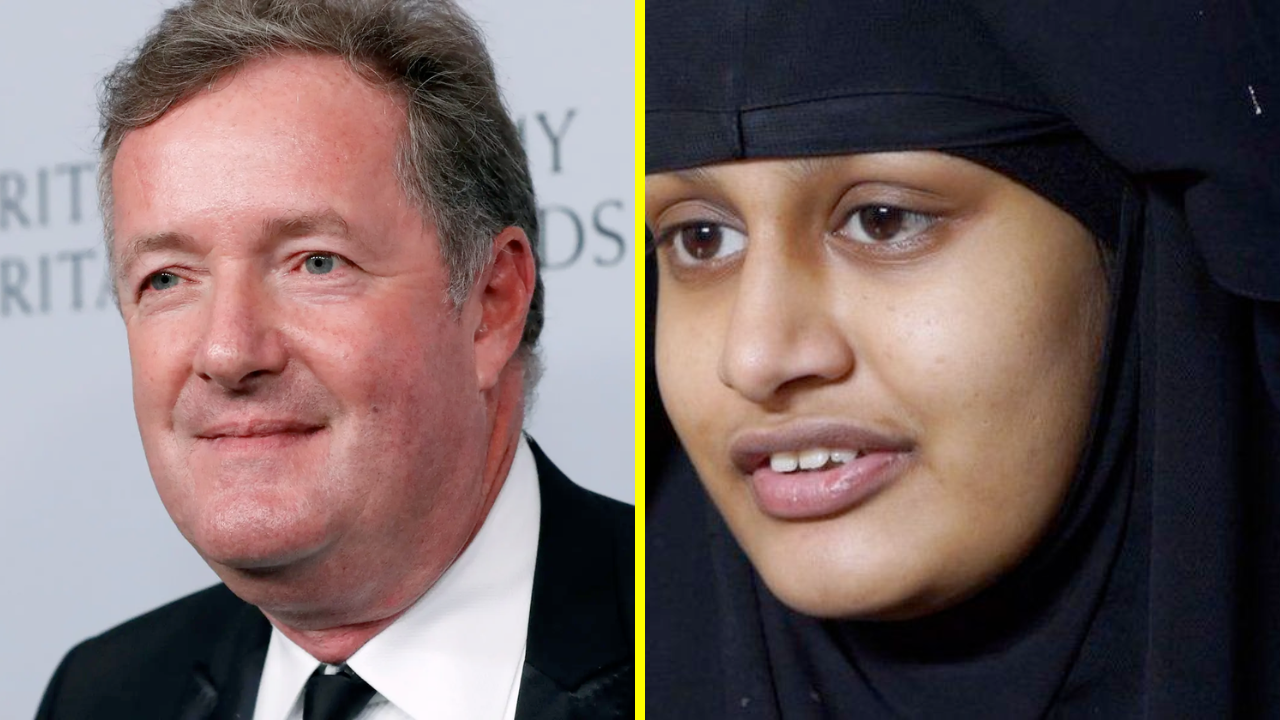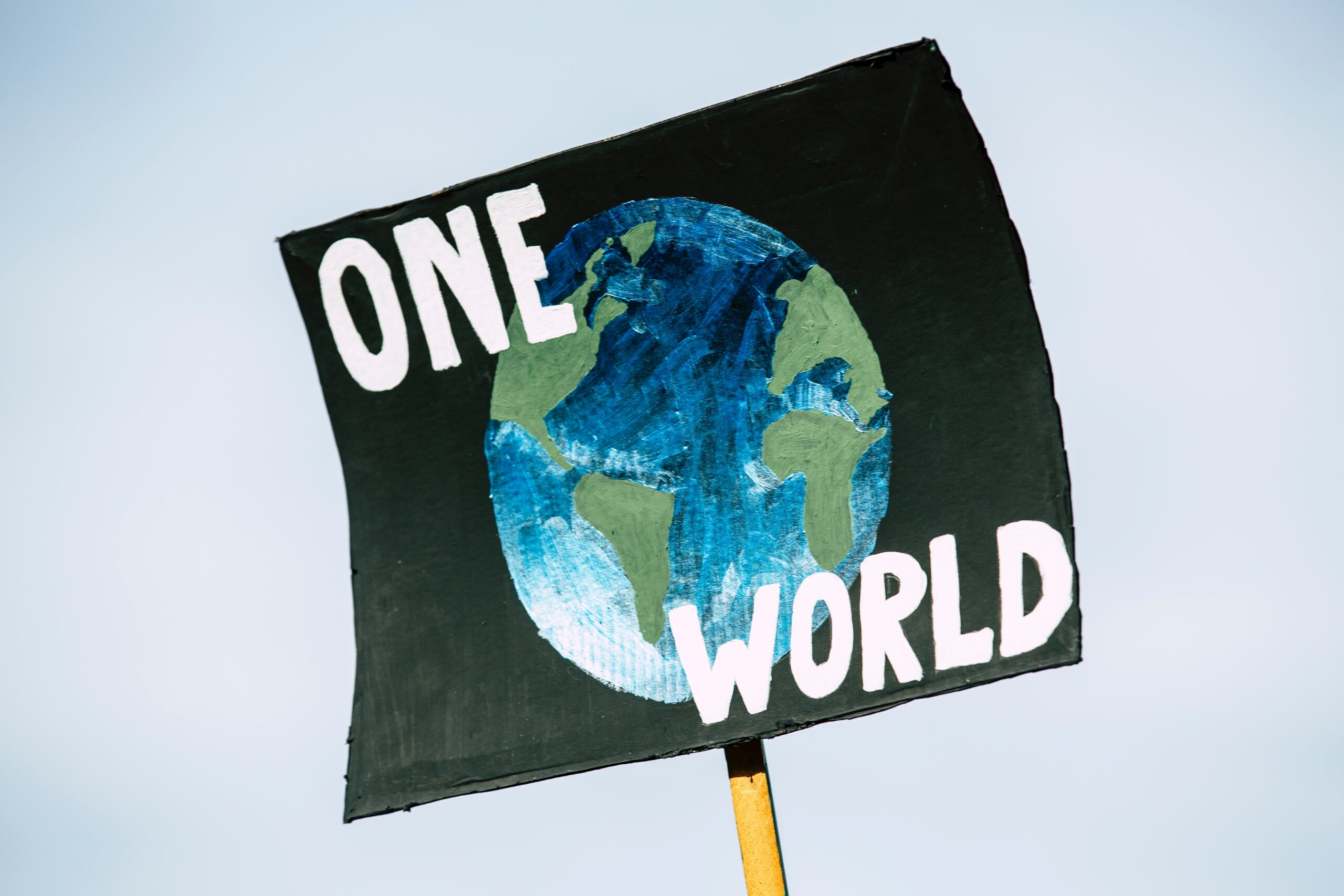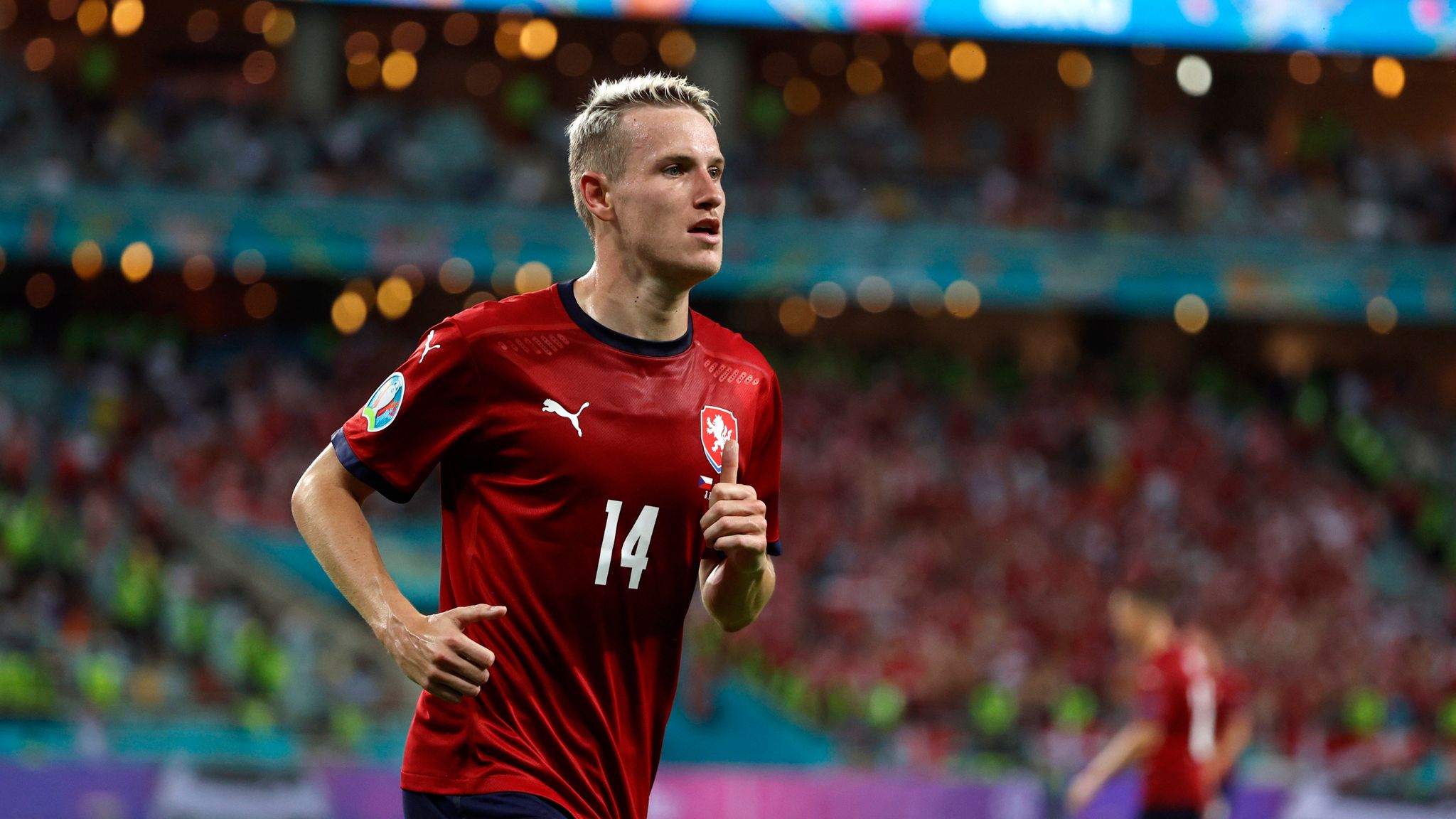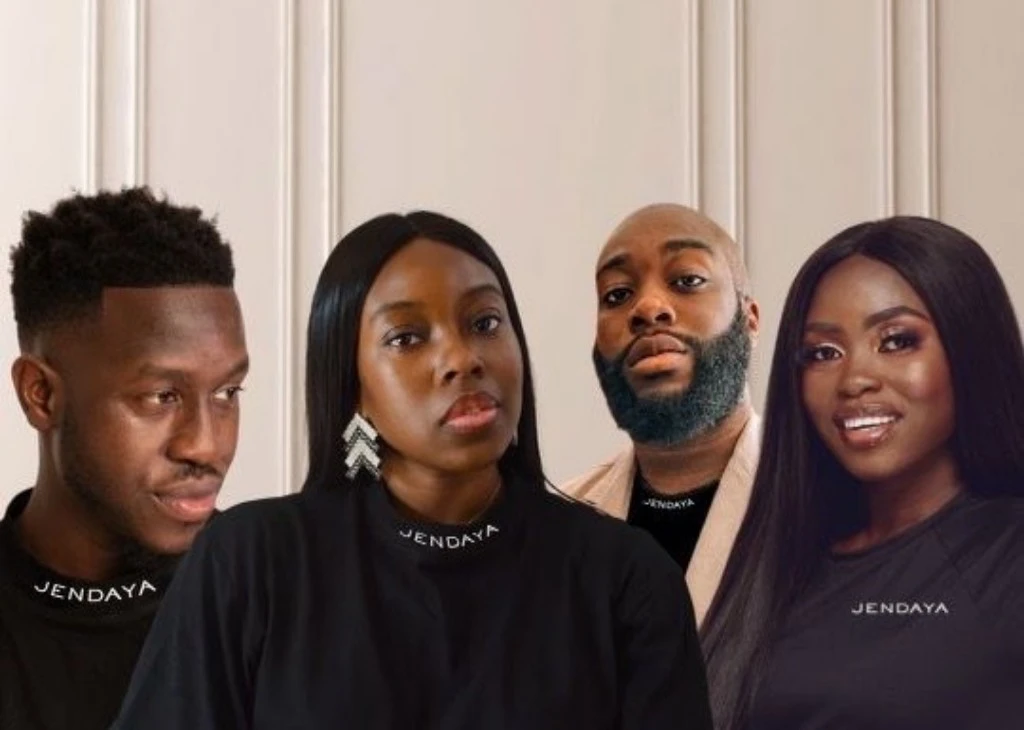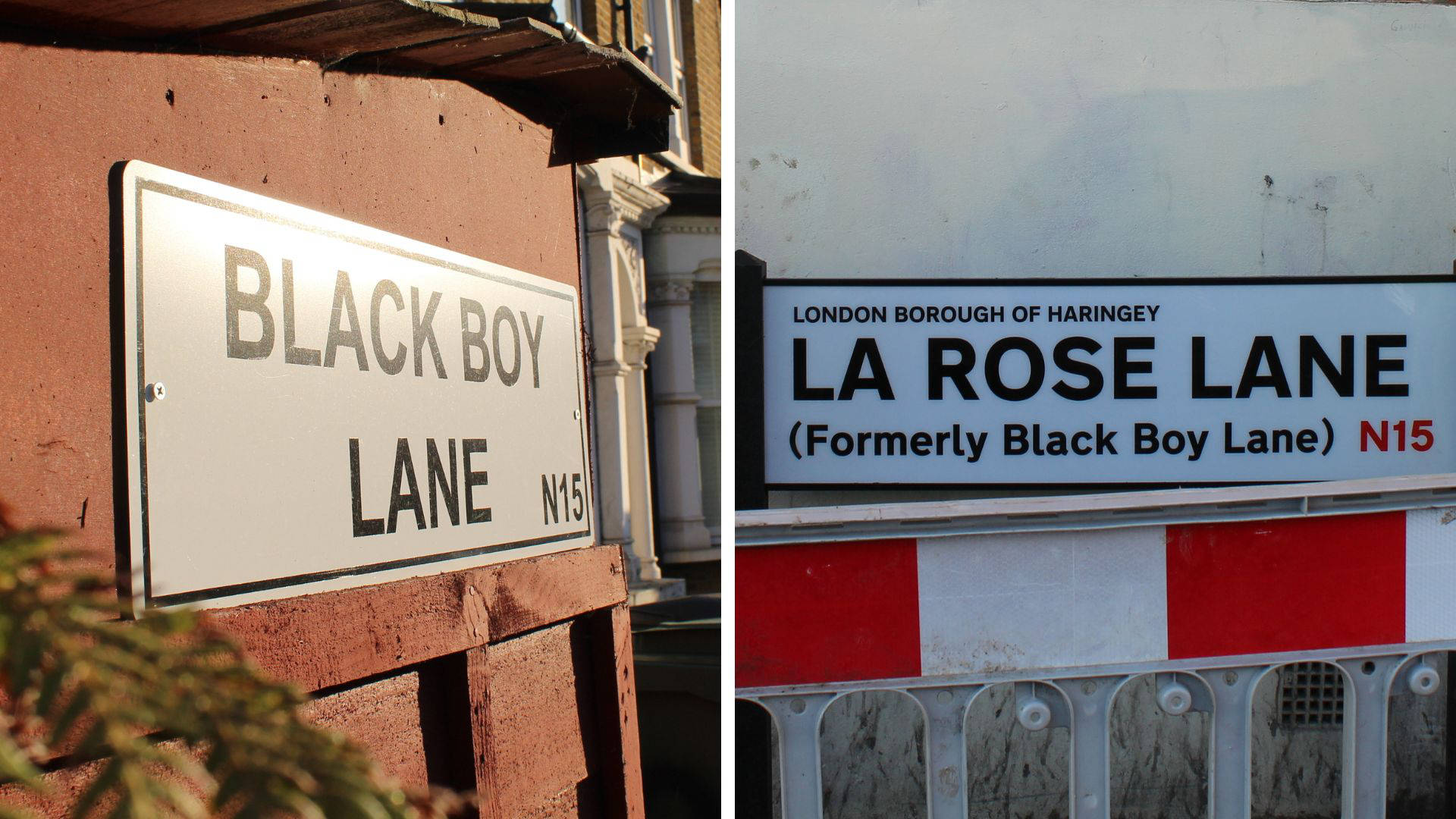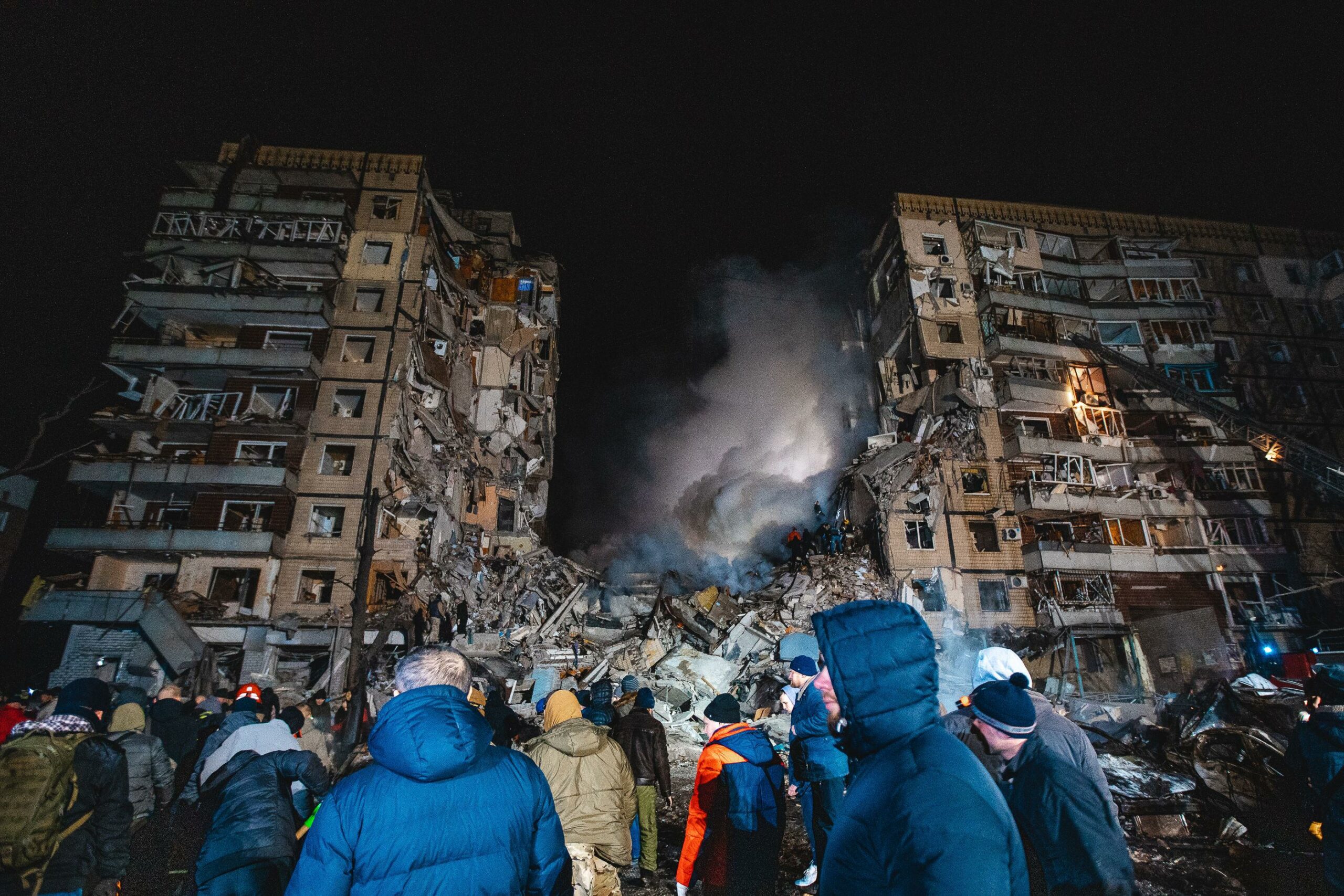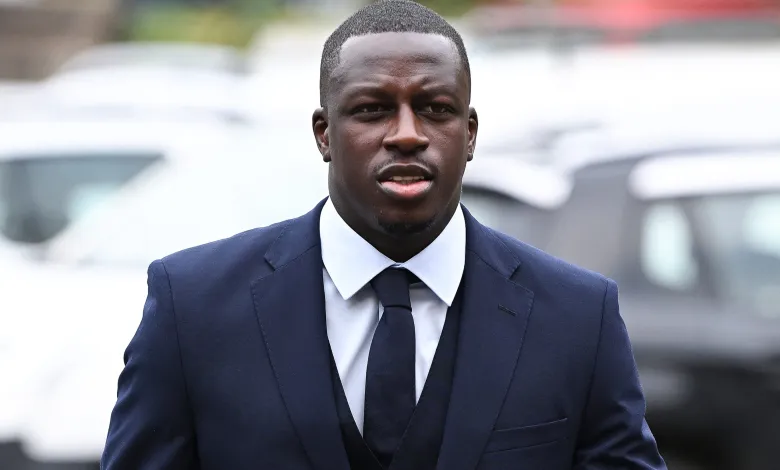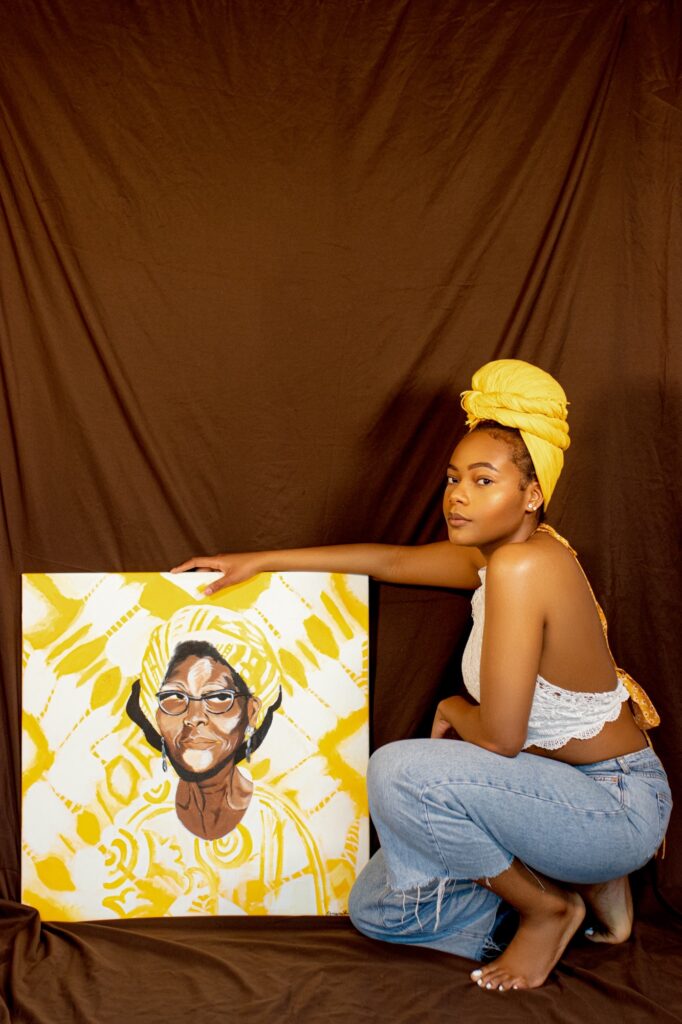- World Athletics has banned transgender women from competing in the female category at international events
- The governing body’s president, Lord Coe, said no transgender athlete who went through male puberty will be able to compete in female world ranking competitions from 31st March
- Lord Coe added the decision was “guided by the overarching principle which is to protect the female category”
- “Decisions are always difficult when they involve conflicting needs and rights between different groups, but we continue to take the view that we must maintain fairness for female athletes above all other considerations”, he said
Sport has become a political football
It is quite unfortunate that society has reached a stage where fairness and common sense have become symbols of political allegiance.
The decision to exclude transgender women – who are still physically and biologically male – from female competitions should (and will) be celebrated by female-born athletes and those who believe in fairness and sporting integrity.
Many would call this ruling discriminatory against transgender athletes, who see this as an attack on progressive values and a way to exclude transgender people from society at large.
To these people, this isn’t a ruling based on the interests of fairness and biological reality; this is a ruling based on bigotry, discrimination and anti-trans rhetoric. This is a political battle.
Some would argue that the LGBT community have only themselves to blame, as they are seen to have made biological reality a political battlefield in which organisations and businesses must pick a side on pain of being labelled ‘transphobic’.
It is true that sport is segregated – and by definition, discriminatory – and for good reason.
Sport is discriminatory, but not based on hate as LGBT lobbies would have society believe.
The differences between male and female athletes are very real. Height, muscle, lung capacity and arm span length all have roles to play in athletes’ performances.
This is why sports are sex-segregated in the first place; to differentiate between male and female and ensuring there is a level playing field.
Attempting to include physically male athletes in female competitions eliminates fair competition. Some would argue it undermines the very existence of the female category itself.
Therefore to call this ruling discriminatory is to call sex-segregated sport itself discriminatory which, in today’s political climate, seems to be an unforgivable sin.
It’s to suggest that rules based upon fairness, competition and biological reality should not exist if they refuse to indulge the sensitivities of the transgender lobby.
There is a narcissism about any political lobby or ideology that cannot or will not listen to reason. This is where ideology met reality; and in this case, reality won.
Sex is real, and it matters.
What now?
Lord Coe said the decision was open to being challenged and was not “written in stone” – but vowed World Athletics would to “vigorously defend” its position.
The ban has already been condemned by various LGBT charities, organisations and athletes.
Stonewall, in a tweet, said ‘It is so disappointing to see World Athletics announce a unilateral ban on trans women in track and field events.’
‘Their statement recognises that no trans women are competing at an international level and that they have no specific evidence to justify the ban.’
Some have proposed a new category of sport altogether, one in which transgender athletes are free to compete.
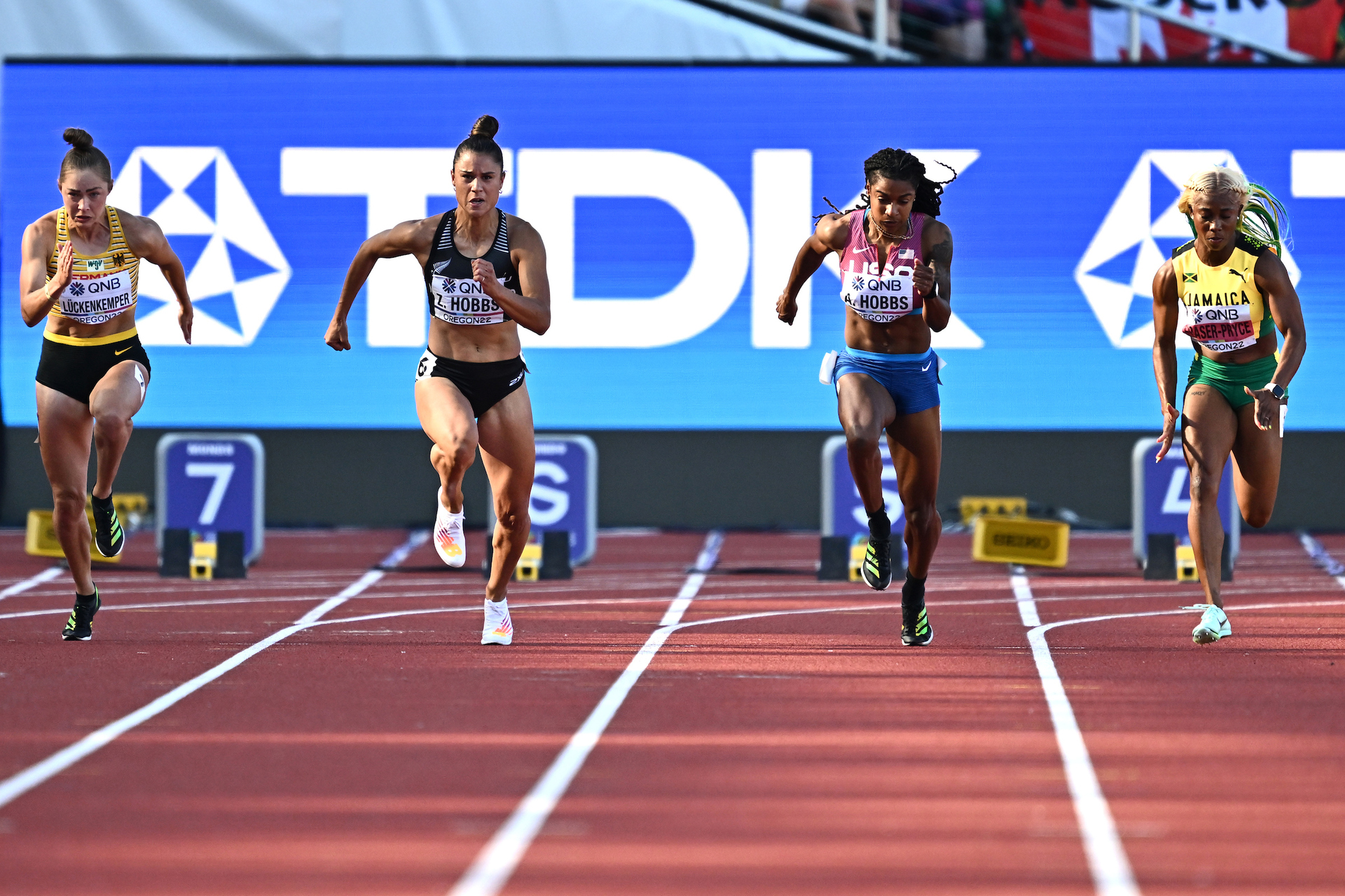
 (@MrAndyNgo)
(@MrAndyNgo) 